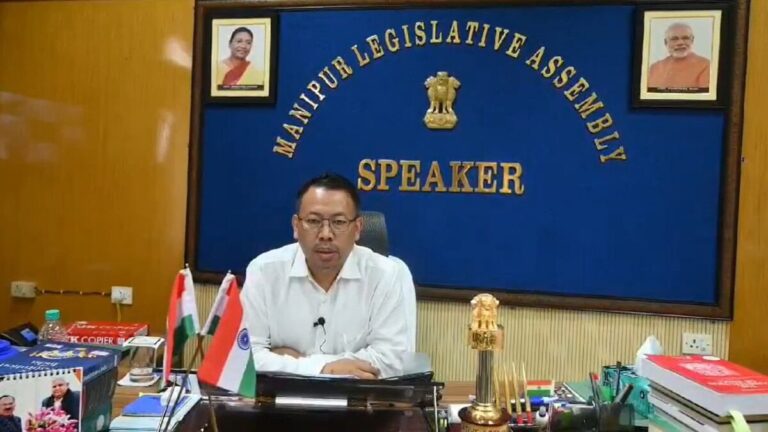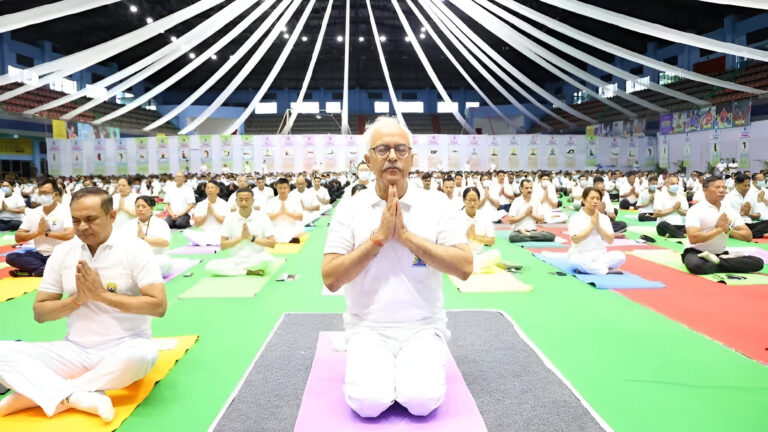RG Kar Hospital Kolkata Rape and Murder Case: A Turning Point for India’s Legal System
Summary of the Article:
The RG Kar Hospital Kolkata rape and murder case, now being heard in the Supreme Court, has captured the attention of the nation. The case involves a brutal crime that has raised numerous concerns about public safety, institutional responsibility, and judicial transparency. As the hearing continues, the case is seen as a pivotal moment in addressing gender-based violence in India.
In-Depth: The RG Kar Hospital Rape and Murder Case – A Call for Justice and Systemic Change
India has seen its fair share of high-profile criminal cases, but few resonate with the public’s emotions as deeply as cases involving gender-based violence. The RG Kar Hospital case is no different. Involving a horrific act of rape and murder within the premises of a well-known medical facility, this case has raised numerous questions about the safety of women, the responsibility of institutions, and the efficacy of the judicial process.
As the case unfolds in the Supreme Court of India, it offers a critical lens into the country’s handling of crimes against women. The legal battle ahead may not only provide justice for the victim but could also pave the way for broader institutional reforms aimed at safeguarding public spaces, improving law enforcement, and delivering timely justice.
The Incident: What Happened at RG Kar Hospital?
RG Kar Medical College and Hospital, one of the oldest medical institutions in Kolkata, became the backdrop for a shocking crime that has since shaken the nation. A young woman, admitted for medical reasons, was found brutally raped and murdered within the premises of the hospital. The crime, reportedly committed by a hospital staff member, took place in an area that was expected to be secure, raising alarm bells about institutional negligence.
Initial investigations revealed that the hospital had significant lapses in security, with surveillance cameras not functioning properly and insufficient monitoring in place. The crime, which took place in broad daylight, sent shockwaves across the country, and public outrage grew as the case became national news.
This incident not only highlighted the issue of gender-based violence but also raised questions about the role of hospitals and institutions in ensuring the safety of those in their care. How could such a crime take place in a space that should offer sanctuary to the vulnerable?
Public Reaction: Outrage and Protests
The RG Kar Hospital case sparked immediate outrage, with citizens and activists alike taking to the streets in Kolkata and other parts of India. Protests demanding swift justice for the victim and increased security measures for women became a common sight outside the hospital and in front of government buildings. Women’s rights organizations quickly condemned the institution’s failure to protect its patients, emphasizing the broader issue of women’s safety in public spaces.
Social media platforms became inundated with posts expressing shock and anger over the crime. The hashtag #JusticeForRGKarVictim trended nationwide, as people shared their frustrations over the frequent occurrence of such cases in India. The incident once again brought the issue of rape culture and institutional negligence to the forefront, igniting debates around public safety, gender equality, and the responsibility of the state.
Legal Proceedings: The Supreme Court Steps In
Given the gravity of the crime, the case soon moved to the higher courts. The involvement of the Supreme Court of India has turned this local tragedy into a national matter, one that is now being closely followed by media outlets, legal experts, and the public alike. The Supreme Court, recognizing the sensitivity of the case, has begun hearings to ensure that justice is not delayed.
One of the major questions that the court seeks to address is the role of the hospital in this tragedy. Could the crime have been prevented with better security measures? Did the hospital staff act responsibly after the crime was discovered? And importantly, how should institutions be held accountable when crimes like this occur on their premises?
Challenges in the Legal System: A Larger Issue
While this case has garnered much attention, it is not an isolated incident. India has struggled with cases of gender-based violence for decades, and the legal system has often been criticized for being slow and inefficient. Although there have been significant improvements in recent years, especially after the 2012 Nirbhaya case, there are still many gaps in the legal framework that need to be addressed.
Delayed Justice: One of the most significant challenges in such cases is the delay in judicial proceedings. Often, legal cases involving rape and murder drag on for years, causing emotional trauma for the victims’ families. This case is no different, with the trial facing delays and hurdles at various stages. The Supreme Court’s involvement is a positive step, but it is essential that the legal process moves swiftly and fairly to ensure justice for the victim.
Inadequate Investigations: Another issue is the quality of investigations. In many cases of gender-based violence, the initial investigation is poorly conducted, with critical evidence either tampered with or lost. The RG Kar case has brought these concerns to the fore, with questions about whether the police acted quickly and efficiently enough to gather evidence after the crime was committed. Proper forensic analysis and investigation are crucial in ensuring that the perpetrator is held accountable.
The Role of Hospitals and Public Institutions
As the case continues to unfold, the role of the RG Kar Medical College and Hospital remains under intense scrutiny. Hospitals are supposed to be safe spaces where patients receive care and protection. However, this crime has highlighted serious lapses in security and oversight within such institutions.
Institutional Accountability: The Supreme Court hearings are expected to delve into the accountability of hospitals and public institutions when crimes occur on their premises. Should hospitals be required to implement stricter security protocols? Could there be legal ramifications for institutions that fail to protect their patients? These are some of the questions that the court will address in its deliberations.
Improving Safety Measures: This case also serves as a wake-up call for institutions across the country. Hospitals, schools, universities, and other public places must reevaluate their safety measures to prevent such incidents from occurring in the future. Implementing security cameras, employing trained security personnel, and ensuring the presence of female staff in sensitive areas could all contribute to better safety outcomes.
What Does This Case Mean for Women’s Safety in India?
The RG Kar Hospital case is not just about one institution or one crime; it reflects a broader issue that plagues India. Crimes against women remain alarmingly high, and the lack of adequate protection in public spaces exacerbates the problem. Women in India often face harassment and violence, both in urban and rural areas, with little recourse or protection.
While the Supreme Court’s involvement in this case is a step in the right direction, systemic changes are needed to address the underlying issues of gender-based violence. India has implemented several laws to protect women, but more needs to be done to ensure that these laws are effectively enforced and that women feel safe in public spaces.
The Path Forward: Institutional Reforms and Legal Changes
In light of this case, several key areas need to be addressed to prevent future incidents and ensure that justice is served promptly.
Legal Reforms: The Supreme Court’s handling of the RG Kar case may result in legal precedents that could reshape the way such cases are handled in the future. Legal reforms, including faster trials, better protection for victims and their families, and stricter penalties for institutions found negligent, could emerge as outcomes of this case.
Public Safety Campaigns: Public awareness campaigns are essential to educate citizens about their rights and responsibilities. Women need to be aware of the laws in place to protect them, and institutions need to be held accountable for providing safe environments.
Improved Security in Public Institutions: Hospitals, schools, and other public institutions must prioritize safety and security. Installing surveillance systems, employing trained personnel, and enforcing strict codes of conduct can go a long way in preventing crimes like the one at RG Kar Hospital.
Conclusion: Seeking Justice and Ensuring Change
The RG Kar Hospital rape and murder case is not just another statistic in India’s battle against gender-based violence. It represents a turning point in the fight for women’s safety and institutional accountability. As the Supreme Court continues its hearings, the nation watches closely, hoping for swift justice for the victim and broader changes that can protect future generations of women.
This case serves as a stark reminder that India must continue to strive toward a society where women can feel safe and protected, no matter where they are.
FAQs
- What is the RG Kar Hospital case? The RG Kar Hospital case involves the rape and murder of a young woman at the hospital premises in Kolkata. The case is now being heard by the Supreme Court of India.
- Who is responsible for the crime? The crime was reportedly committed by a hospital staff member, but investigations are ongoing to determine the full extent of the hospital’s negligence.
- What legal action is being taken? The case is under the purview of the Supreme Court, which is expected to address the legal and institutional accountability of the hospital.
- What reforms can be expected from this case? The case may result in stronger safety protocols for public institutions, faster judicial proceedings, and more accountability for institutions that fail to protect individuals.
- How does this case impact women’s safety in India? This case highlights the broader issue of women’s safety in India and calls for more robust laws and enforcement to protect women from violence in public spaces.




